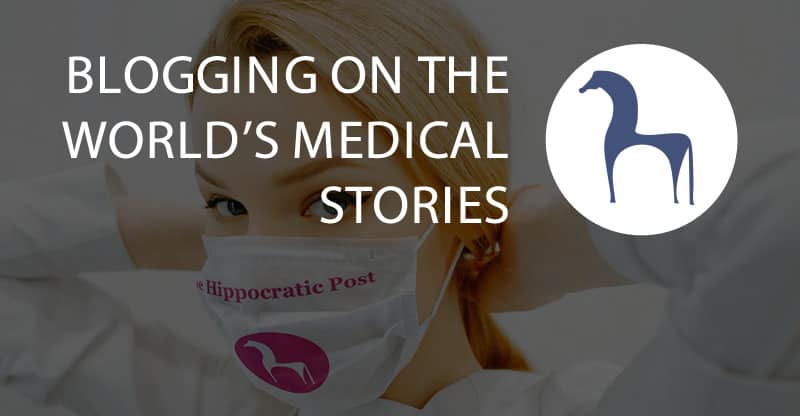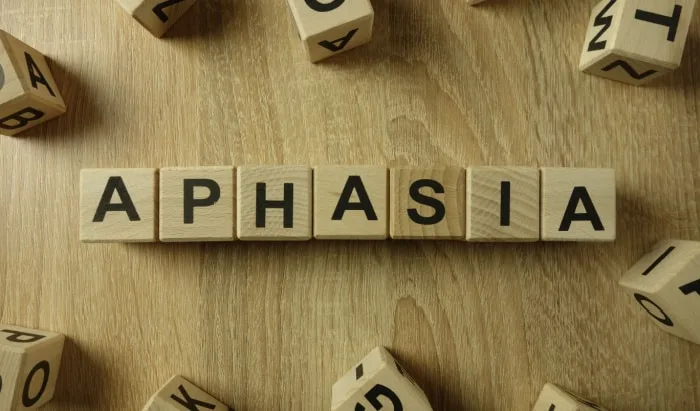New research from the Stroke Association reveals over half of the British public (54%) have never heard of aphasia, despite it affecting over 350,000 people in the UK.
Aphasia is a language and communication disorder – with stroke being the biggest cause. The condition often has a profound effect on someone’s ability to speak, read, write and/or use numbers. There are 1.3 million stroke survivors living in the UK, and over a third (40%) will experience aphasia after their stroke.
The new research from the UK’s leading stroke charity highlights that most Brits don’t know about the disorder, and the huge impact it has on people’s lives. Moreover, half (50%) of those who have heard of aphasia are unclear as to what it actually is.
To help raise awareness of aphasia, the Stroke Association has launched ‘When the Words Away Went’, a documentary about three stroke survivors living with aphasia embarking on their journey to find their voice and rebuild their lives.
Tom Middlemass, 59, Edinburgh
Tom had a stroke in June 2015 while he was working as a breakfast chef…He collapsed mid-shift and his colleagues immediately called 999. The condition means he struggles with his speech and can forget or mix up words, or unintentionally use swear words. This had affected his mental health deeply and brought him to the brink of suicide.
“Trying to speak after my stroke was one of the hardest things ever. You’re trawling through the words in your head. People find it to be an automatic thing to find a word. But if you’re trawling round and round and you can’t see it and you can’t say it, another word comes out in its place, and I sometimes put words that I don’t mean into sentences. There can be swear words in there – I think that’s followed on from being a chef. When it happens, I feel very embarrassed.”
Tom is determined to share his own experiences of strokes to help others, being a dedicated volunteer with the Stroke Association. He runs a stroke club at his local community centre in Edinburgh, as well as being a Community Connector – volunteering in the community to raise awareness of stroke, aphasia, and stroke support.
Steve Smith, 39, Essex
Steve had a stroke in December 2020. He had a cardiac arrest at home in Essex and then went on to have a stroke a few weeks later… Steve is supported by his wife (Vicky) and two young children. Vicky woke up one morning to find Steve unable to speak or move his body. Steve woke up in hospital with severe aphasia and right-sided weakness. As Steve’s stroke occurred at the height of the pandemic, he was only able to see Vicky a few hours a week and their phone calls were limited because of his speech. It was the longest they’d been apart since they first met.
Vicky remembers the day that Steve came back home ‘like it was yesterday’. The whole family was so excited. But they quickly realised that things wouldn’t just go back to normal. “I thought to myself: ‘how are we going to do this?’ Steve couldn’t string a sentence together, the kids couldn’t have a conversation with their dad, and my partner of 15 years is a different man. In that very moment, I pulled myself together and told myself I couldn’t give up… Steve is my rock, and I wasn’t going to include ‘can’t’ into our vocabulary.”
The documentary aims to equip people with the knowledge, understanding and confidence to support those living with aphasia. Currently, most people (72%) lack confidence in recognising its symptoms and less than half of people (42%) would feel confident in communicating with someone with the disorder.
Whilst aphasia does not affect intelligence, the majority of Brits (71%) think being able to speak or communicate well is a sign of intellect, which can create huge barriers for those with aphasia. In fact, a fifth of adults (20%) also admit that, if they met someone who had problems communicating, they would assume that person had a learning difficulty.
Juliet Bouverie OBE, Chief Executive of the Stroke Association said: “Aphasia is very common, affecting over a third of stroke survivors, so it’s disheartening to see such low awareness and knowledge of aphasia amongst the general public.
“Most of us can’t imagine living with aphasia, but it makes everyday tasks like getting on the bus or talking to a friend daunting, made worse by misconceptions that people with aphasia lack intelligence. This can often lead to anxiety and depression, feeling excluded from society and difficulties with personal relationships.
“We want to encourage everyone to watch our new documentary ‘When the Words Away Went’, featuring stories from three inspiring stroke survivors impacted by aphasia, so the public can better understand the condition and become an ally to those affected. Together we can help make the lives of those living with aphasia a little bit easier.”
The research also highlights other common misconceptions around aphasia including, over a fifth (22%) of Brits believing that aphasia only affects someone’s ability to talk and one in ten people mistakenly thinking that aphasia can’t improve.
Juliet adds: “The Stroke Association is here for everyone affected by aphasia, providing support and an important reminder that there is hope. Aphasia can and does improve, and with the right help people with aphasia can live normal lives.”
Watch the film online at stroke.org.uk/film or stream on Channel 4 from 26 May
To find out more about aphasia and how you can support those affected, visit
- RV3-BB rotavirus vaccine at birth boosts microbiome - 8th May 2025
- No Mind Left Behind: Support the Carers - 4th May 2025
- Climate change causes longer pollen seasons in capital cities - 4th May 2025


